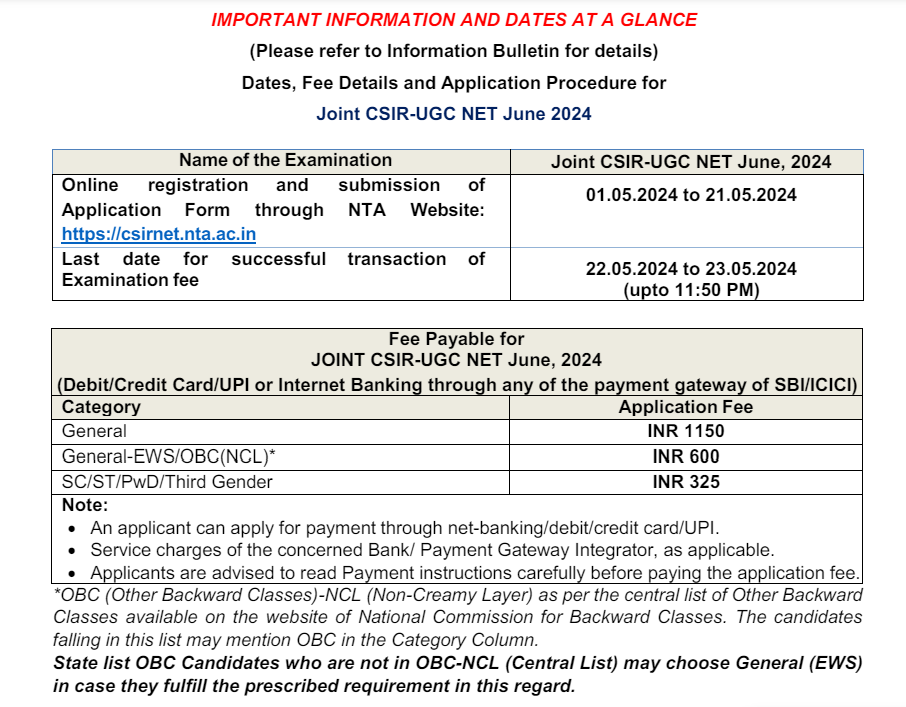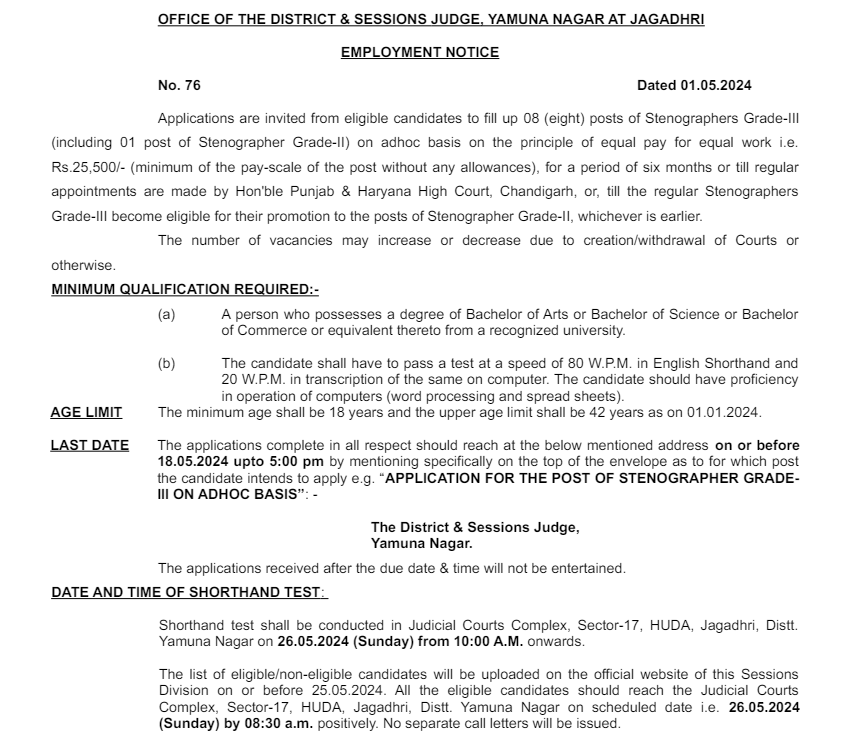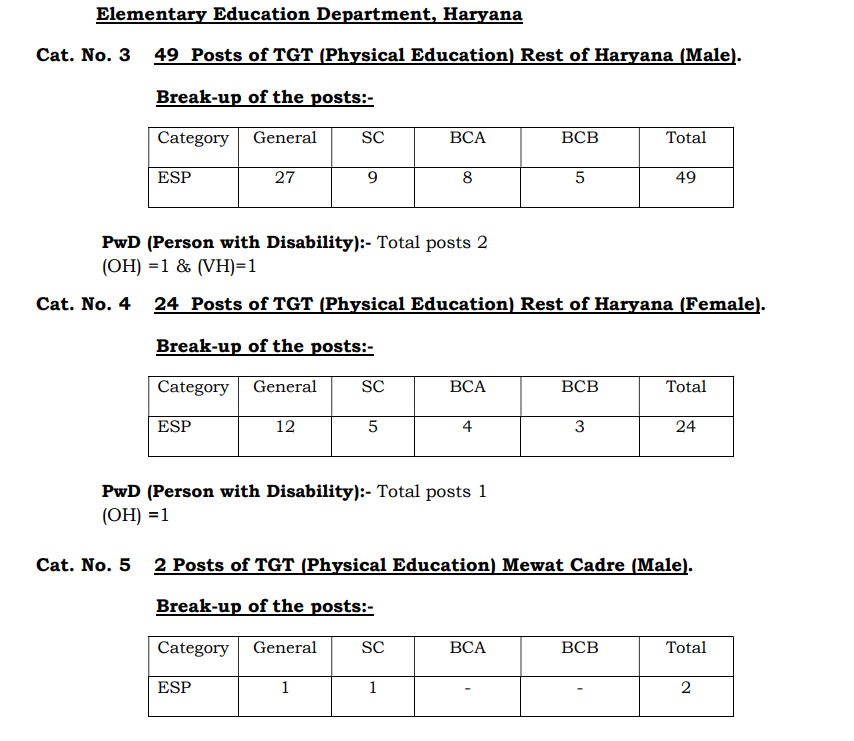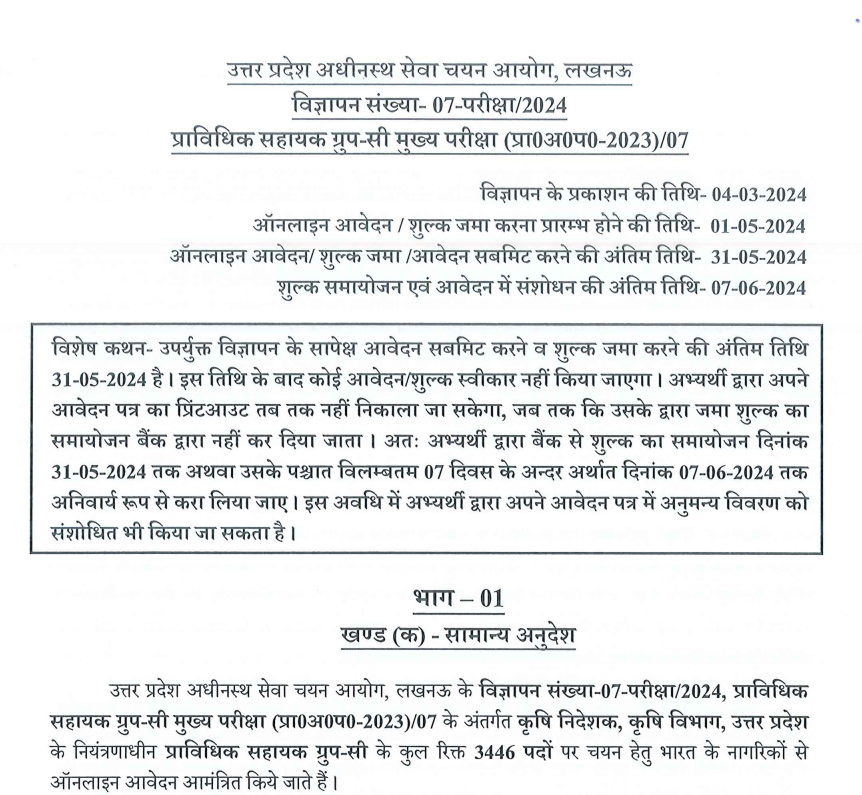Electrical Engineering DC Motors MCQ
| 1.The armature voltage control of D.C. motor provides |
| constant voltage drive |
| constant current drive |
| constant torque drive |
| none of the above |
|
ANSWER : : constant torque drive
|
| 2.Which of the following loss in a D.C. generator varies significantly with the load current ? |
| Field copper loss |
| Windage loss |
| Armature copper loss |
| None of the above |
|
ANSWER : : Armature copper loss
|
Electrical Engineering DC Motors MCQ
| 3.Which of the following motors is most suitable for signalling devices and many kinds of timers ? |
| D.C. shunt motor |
| D.C. series motor |
| Induction motor |
| Reluctance motor |
|
ANSWER : : Reluctance motor
|
| 4.If the speed of a D.C. shunt motor is increased, the back e.m.f. of the motor will |
| increase |
| decrease |
| remain same |
| become zero |
|
ANSWER : : increase
|
Electrical Engineering DC Motors MCQ
| 5.If a D.C. motor designed for 40 C ambient temperature is to be used for 50 C ambient temperature, then the motor |
| of lower H.P. should be selected |
| of higher H.P. should be selected |
| can be used for 50C ambient temperature also |
| is to be derated by a factor recom-mended by manufacturer and select the next higher H.P. motor |
ANSWER : : is to be derated by a factor recom-mended by manufacturer and select the next higher H.P. motor
| 6.D.C. shunt motors are used for driving |
| trains |
| cranes |
| hoists |
| machine tools |
|
ANSWER : : machine tools
|
Electrical Engineering DC Motors MCQ
| 7.The main disadvantage of the Ward-Leonard control method is |
| high initial cost |
| high maintenance cost |
| low efficiency at Hght loads |
| all of the above |
|
ANSWER : : all of the above
|
| 8.Which of the following motors is usually used in house-hold refrigerators ? |
| D.C. shunt motor |
| D.C. series motor |
| Single phase induction motor (split phase start or induction run motor) |
| Reluctance motor |
|
ANSWER : : Single phase induction motor (split phase start or induction run motor)
|
| 9.Regenerative method of braking is based on that |
| back e.m.f. is less than the applied voltage |
| back e.m.f. is equal to the applied voltage |
| back e.m.f. of rotor is more than the applied voltage |
| none of the above |
|
ANSWER : : back e.m.f. is equal to the applied voltage
|
Electrical Engineering DC Motors MCQ
| 10.In Ward-Leonard control the lower limit of speed is imposed by |
| residual magnetism of the generator |
| core losses of motor |
| mechanical losses of motor and generator together |
| all of the above |
ANSWER : : residual magnetism of the generator
| 11.Ward-Leonard control is basically a |
| voltage control method |
| field divertor method |
| field control method |
| armature resistance control method |
|
ANSWER : : voltage control method
|
| 12.Which of the following motors one will choose to drive the rotary compressor ? |
| D.C. shunt motor |
| D.C. series motor |
| Universal motor |
| Synchronous motor |
|
ANSWER : : Synchronous motor
|
Electrical Engineering DC Motors MCQ
| 13.Which of the following steps is likely to result in reduction of hysteresis loss in a D.C. generator ? |
| Providing laminations in armature core |
| Providing laminations in stator |
| Using non-magnetic material for frame |
| Using material of low hysteresis co-efficient for armature core material |
|
ANSWER : : Using material of low hysteresis co-efficient for armature core material
|
| 14.Which of the following loss in a D.C. generator is dissipated in the form of heat? |
| Mechanical loss |
| Core loss |
| Copper loss |
| All of the above |
|
ANSWER : : All of the above
|
| 15.In a D.C. generator all of the following could be the effects of iron losses except |
| Loss of efficiency |
| Excessive heating of core |
| Increase in terminal voltage |
| Rise in temperature of ventilating air |
|
ANSWER : : Increase in terminal voltage
|
Electrical Engineering DC Motors MCQ
| 16.For constant torque drive which speed control method is preferred ? |
| Field control |
| Armature voltage control |
| Shunt armature control |
| Mechanical loading system |
|
ANSWER : : Armature voltage control
|
17.The losses occurring in a D.C. generator are given below.
Which loss is likely to have highest proportion at rated load of the
generator ? |
| hysteresis loss |
| field copper loss |
| armature copper loss |
| eddy current loss |
|
ANSWER : : armature copper loss
|
Electrical Engineering DC Motors MCQ
| 18.The hysteresis loss in a D.C. machine least depends on |
| Frequency of magnetic reversals |
| Maximum value of flux density |
| Volume and grade of iron |
| Rate of flow of ventilating air |
|
ANSWER : : Rate of flow of ventilating air
|
| 19.Which motor should not be started on no-load ? |
| Series motor |
| Shunt motor |
| Cumulatively compounded motor |
| Differentially compounded motor. |
|
ANSWER : : Series motor
|
| 20.If the terminals of armature of D.C. motor are interchanged, this action will offer following kind of braking |
| plugging |
| dynamic braking |
| none of the above |
| any of the above |
ANSWER : : plugging
| 21.In a manual shunt motor starter |
| over load relay is connected in series and no volt relay in parallel with the load |
| over load relay is connected in parallel and no volt relay in series with the load |
| over load relay and no volt relay are both connected in series with the load |
| over load relay and no volt relay are both connected in parallel with the load |
|
ANSWER : : over load relay is connected in series and no volt relay in parallel with the load
|
Electrical Engineering DC Motors MCQ
| 22.Why are the D.C. motors preferred for traction applications ? |
| Torque and speed are inversely proportional to armature current |
| Torque is proportional to armature current |
| Torque is proportional to square root of armature current |
| The speed is inversely proportional to the torque and the torque is proportional to square of armature current |
|
ANSWER : : The speed is inversely proportional to the torque and the torque is proportional to square of armature current
|
| 23.The plugging gives the |
| zero torque braking |
| smallest torque braking |
| highest torque braking |
| none of the above |
|
ANSWER : : highest torque braking
|
| 24.Which of the following losses are significantly reduced by laminating the core of a D.C. generator ? |
| Hysteresis losses |
| Eddy current losses |
| Copper losses |
| Windage losses |
|
ANSWER : : Eddy current losses
|
|
|
|
Electrical Engineering DC Motors MCQ















